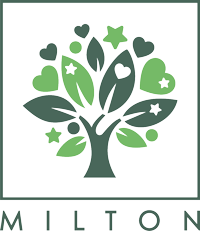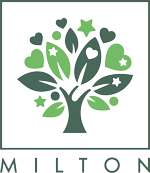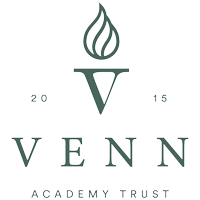
We know our pupils.
The right curriculum for each pupil to achieve great things.
Curriculum pathway – Adventure
Characteristics of learners:
- For those who can engage with subject specific learning based on the National Curriculum. Curriculum delivery is heavily adapted.
- Pupils are early writers, readers and mathematicians but can take part in more formal learning.
- Pupils can work in a more formal classroom manner for short periods of time. They can sit alongside adults and/or peers to complete learning tasks
- In the Lower School priorities on this pathway are for pupils to develop their social skills, early English and maths knowledge, communication and life skills.
- All pupils have an EHCP
- Typically, in primary years pupils may demonstrate knowledge and skills at KS1
- Moving through the secondary years the pupil may demonstrate writing skills and mathematical knowledge up to early stages of KS2.
- Moving to KS4 pupils will demonstrate skills to enable them to complete Entry level exams, functional skills exams and BTEC introductory courses.
Curriculum Areas:
Primary and KS3
- Phonics/Reading
- English – Writing
- Mathematics
- Science
- RE
- PSHE/SRE
- Geography
- History
- Art and Design
- Computing
- Physical Education
- Music
- Preparation for adulthood
- Daily handwriting
KS4
- English – Reading
- English – Writing
- Mathematics
- Science
- RE
- PSHE/SRE
- Physical Education
- BTEC
- Daily handwriting
Evidence of learning and progress:
- Individual subject books
- Floor books for P.E, R.E, computing, music, food technology
- Educator Assessment
- Foundation subject assessment reflected in books
- Phonics/Reading age assessments
- Personal development tracker
| What an ‘Adventure’ classroom may look like: | Effective teaching may include: |
|---|---|
|
|

“I think Milton is good and I like maths!“
Y6 child

“Great school – staff are brilliant.“
Parent

“My favourite thing is seeing my teachers everyday.“
Y3 child

“I like the teachers, and the leaders are open to student ideas.“
Y11 child
